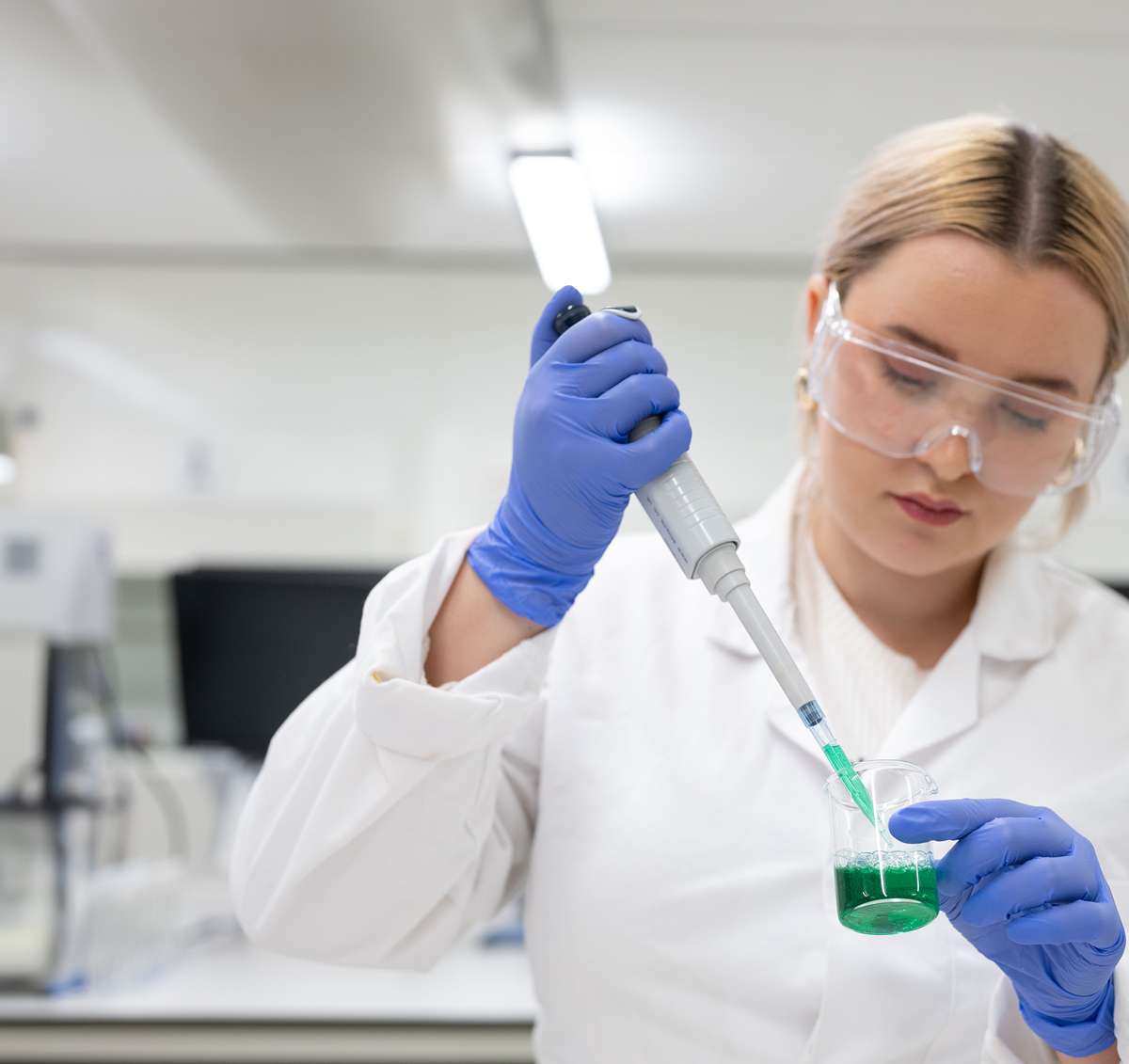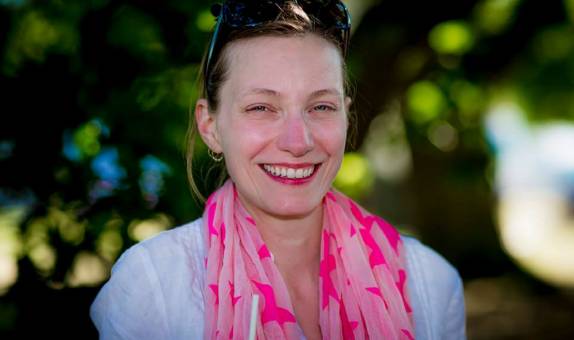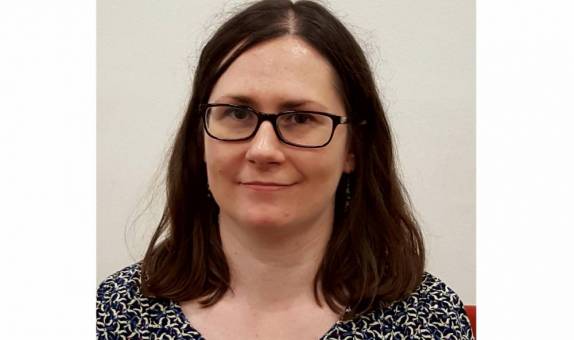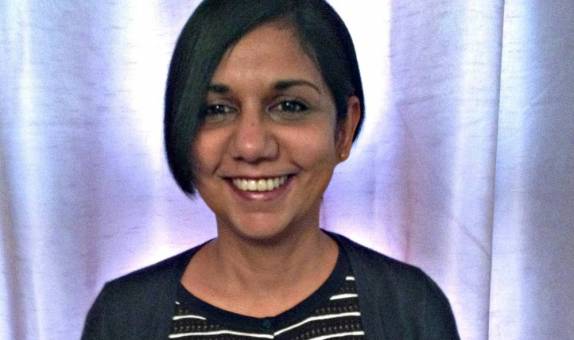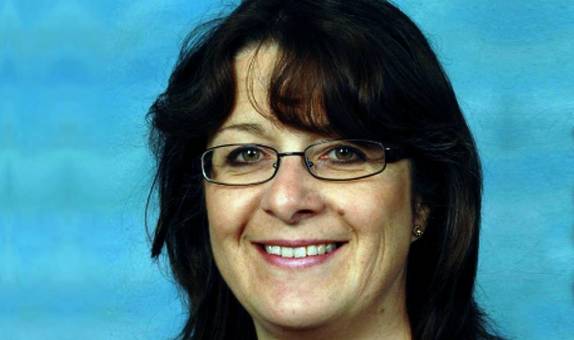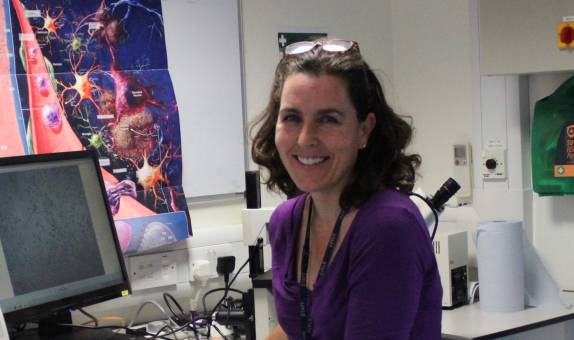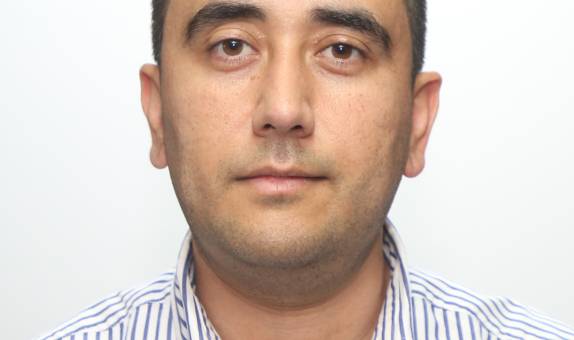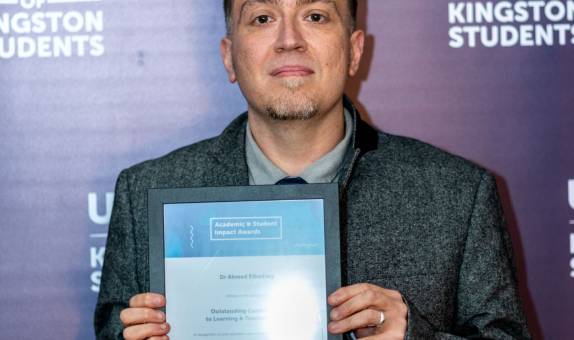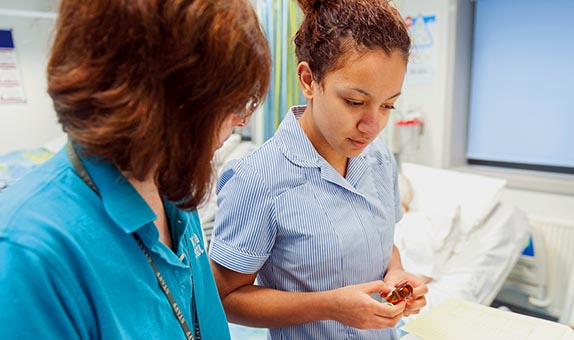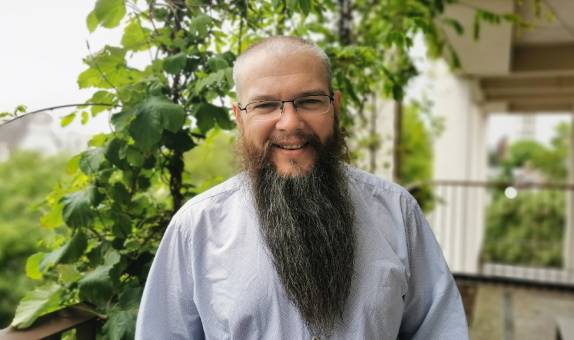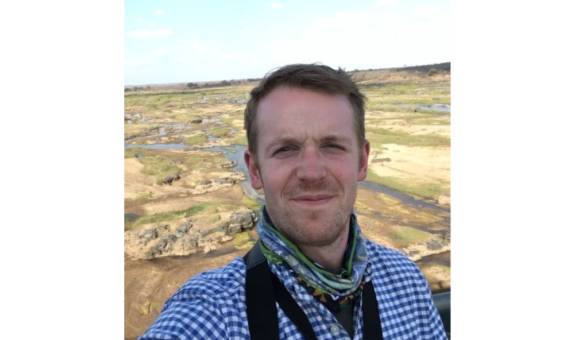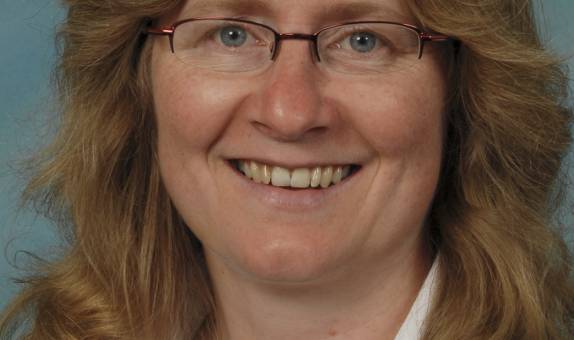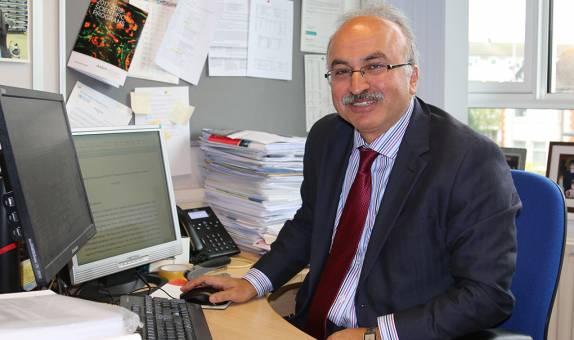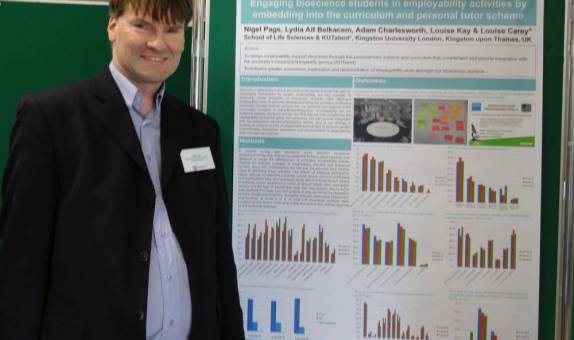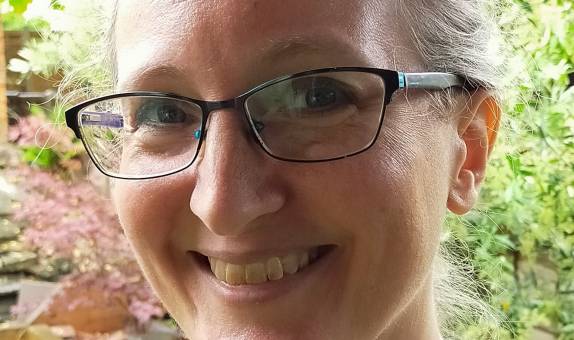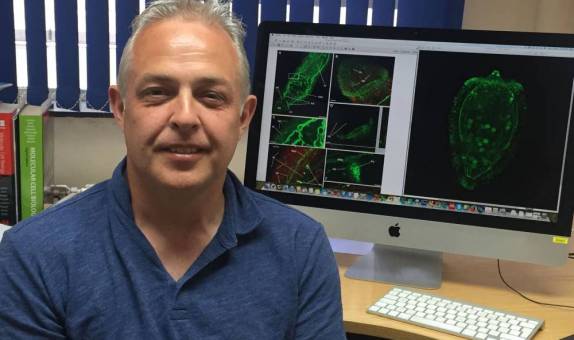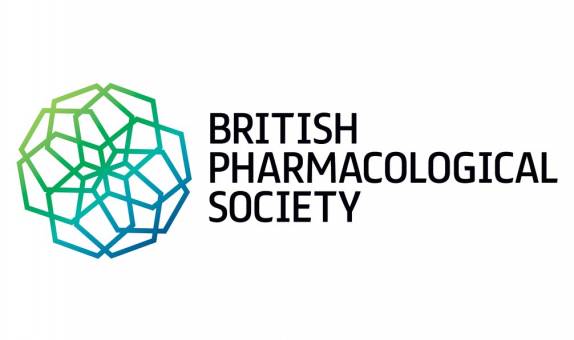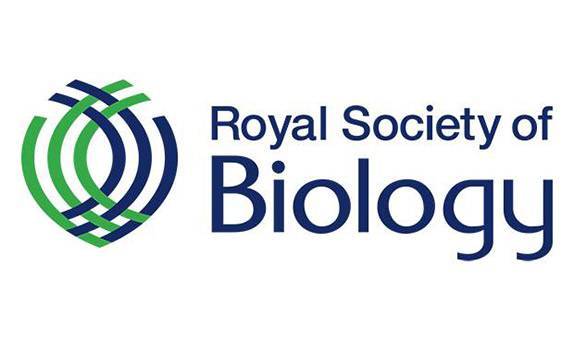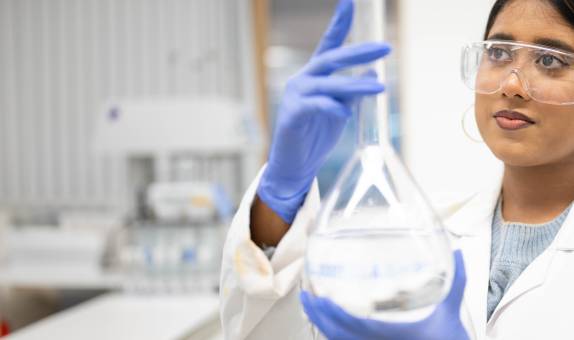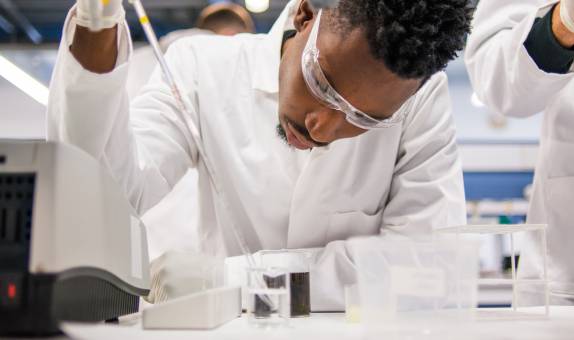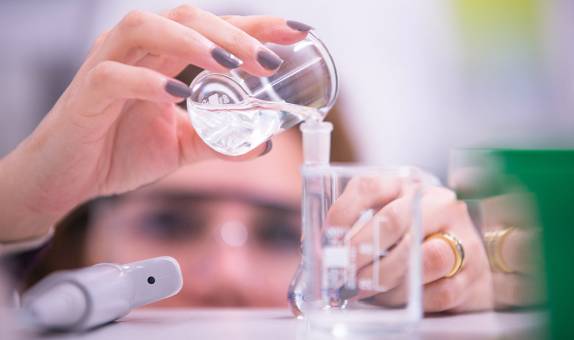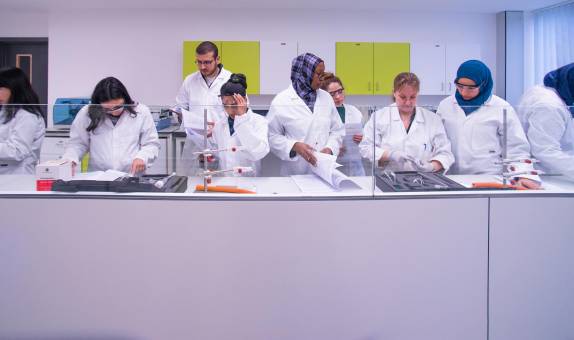Pharmacology BSc (Hons)

Teaching Excellence Framework (TEF) Gold award
Our commitment to high quality teaching has been recognised with a TEF Gold rating. The University has received an overall rating of Gold, as well as securing a Gold award in the framework's two new student experience and student outcomes categories.
Why choose this course?
How exactly do medicinal drugs treat and prevent disease? How are they discovered and tested? How do they affect society? If you want to delve deeper into these questions, this could be the course for you.
This course is taught by award-winning experts with a focus on biological and physiological processes, rather than chemical ones. We'll examine how drugs act on their targets in major organs and systems, and how the body reacts.
You'll study the treatment of infectious and non-infectious diseases, such as cancer, diabetes, asthma, and cardiovascular disease. You'll also have opportunities to learn about new drugs affecting the brain, treating epilepsy and depression, and how drugs influence addiction.
This course is currently being revalidated for 25/26 entry. We are reviewing our modules to enhance the student-centred learning experience. This includes updating course content to meet industry needs and ensuring you develop the skills needed to become a future-proof graduate.
| Attendance | UCAS code/apply | Year of entry |
|---|---|---|
| 3 years full time | B210 | 2024 (Clearing) 2025 |
| 4 years full time including sandwich year | B211 | 2024 (Clearing) 2025 |
| 4 years full time including foundation year | B212 | 2024 (Clearing) 2025 |
| 6 years part time | Apply direct to the University | 2024 (Clearing) 2025 |
For 2024 entry, please submit your application before the UCAS deadline as this course may not be in a position to consider applications submitted after this date.
Please note: Teaching on this course may take place on more than one KU campus.
| Main Location | Penrhyn Road |
Reasons to choose Kingston University
- This course meets the core curriculum requirements set out by the British Pharmacological Society (BPS), the professional association for pharmacologists.
- This course is accredited by the Royal Society of Biology.
- Our expert team includes Joan Jarman, who was awarded the BPS Excellence in Teaching Award in 2020.
What you will study
Year 1
Year 2
Final year
Year 1 offers essential understanding of how the human body works, providing knowledge to underpin the study of pharmacology. You will gain a comprehensive overview of physiology from cellular to organ-system level, as well as chemistry, genetics and molecular biology. The Scientific and Laboratory Skills module trains you in a number of practical laboratory techniques.
Core modules
Genes, Cells and Tissues
30 credits
This module is a core module taken by students studying Biochemistry, Biological Sciences, Biomedical Science, Forensic Science, and Pharmacology. The module introduces students to basic cell biology of prokaryotes and eukaryotes, molecular, organismal and population genetics, germ layers and basic tissue types in the human body, and to a variety of microorganisms. Core information is provided in lectures and supported by material on Canvas. Laboratory practicals give students the opportunity to learn a selection of current techniques used to study cells, tissues, chromosomes and microbes. The module provides a solid foundation for subsequent modules at levels 5 and 6 that expand knowledge in cell biology, anatomy, physiology, genetics and microbiology.
The Biochemical Foundations of Life
30 credits
Learn how the building blocks of life work together to create complex molecules that sustain us. Explore the role of proteins, carbohydrates, and lipids in our bodies, and how they are broken down and used for energy.
Scientific and Laboratory Skills
30 credits
This first year module provides a firm foundation in general scientific and laboratory skills that students require to successfully complete their programmes of study. Students are introduced to the nature of studying in higher education, the need for effective time management and planning of work, the appropriate use of information sources, and to sources of information relating to careers in the biosciences. Scientific analytical and lab/practical skills are developed, together with essential mathematics and statistical skills for life scientists. A significant component of the module consists of the development of basic research skills such as practical skills in the laboratory, the principles of experimental design and the statistical analysis of data.
Human Physiology
30 credits
Understand how the human body works and how nutrition affects our health. Explore the fundamental physiological concepts behind topics such as homeostasis, cellular communication, and the movement of molecules through body compartments.
You will also cover the main physiological systems of the body, including the nervous, muscle, endocrine, respiratory, cardiovascular, renal, and of course, the digestive, systems.
Year 2 introduces pharmacology as a distinct subject, including the action of drugs at their target sites and the actions of the body on drugs once they have been administered. The Systems Pharmacology module covers drugs acting on the major organ systems of the body, including the cardiovascular, nervous, gastrointestinal, renal, respiratory and endocrine systems. Further coverage of immunology, microbiology and molecular biology enables you to study relevant disease and its treatment. A module in Principles of Pharmacology with Research Methods prepares you to undertake an independent research project in year 3.
Core modules
Molecular Biology of the Cell
30 credits
This is a core module taken by student in the fields of Biochemistry, Biological Sciences (Genetics and Molecular Biology route), Pharmacology, and is an option module taken by Biomedical Science and Biological Sciences (General route)
The module builds on topics covered in LS4001 (Genes, Cells and Tissues) and explores more advanced concepts in cell and molecular biology. The module provides insight into the structure and function of cells, and takes an integrated approach to looking at how cells respond to changes in their environment - from receptor interactions and intracellular signalling pathways through to the regulation of gene expression and changes in cellular processes.
Formal lectures are supported by laboratory classes, tutorials, workshops, independent study and further resources available on Canvas. The module also includes opportunities to develop both data-handling and written skills.
Principles of Pharmacology
30 credits
Gain the skills you need to conduct pharmacological research and develop new drugs. Learn about the basic concepts of pharmacodynamics and pharmacokinetics, and how drugs are discovered and developed. This will help you understand drug-nutrient interactions, how nutrients in supplemental form can have pharmacological effects, plus how drugs can be sued to manage diet related diseases such as obesity.
Microbiology
15 credits
This module provides an opportunity to learn more about the structure and function of microbiological agents in health and disease. Through the lectures several microbiological processes will be examined along with methods of controlling the organisms responsible in the laboratory environment as well as within a patient.
Research Methods and Skills
15 credits
This is a core module for students studying Biochemistry, Biomedical Science, Biological Sciences and Pharmacology. The module aims to further develop your scientific, research and Future Skills that were introduced at level 4, and to relate the application of these skills to the broader discipline and beyond. The module provides you with the opportunity and encouragement to apply original and unconventional ideas, to be imaginative, and to tackle problem-solving using techniques that develop individual and group creativity.
Problem-solving will be exemplified using design thinking and the scientific method. These are supported by the development of core research skills such as locating and evaluating relevant scientific literature, enhancement of scientific writing skills, and managing, analysing and presenting data, using software such as Excel and R. You will also learn to demonstrate awareness of the impact of your discipline on ethical, sustainable, and societal issues along with being able to communicate your outputs and findings.
Overall, this module will develop your Future Skills through engagement with Explore, support your problem-solving/critical thinking skills, and prepare them for their final year capstone project. This is supported by tutor meetings enabling you to work on tasks to evidence, develop, articulate, and reflect on your progress and graduate attributes.
System Pharmacology
30 credits
This module complements concepts delivered in Principles of Pharmacology with Research Methods and applies them to a number of physiological system disorders. You will study and discuss disease pathophysiology and the types of drugs used in therapy of such disorders, alongside a rationale for their usage and any associated side effects.
Year 3 provides further in-depth study of pharmacology - drugs used to treat cancer and infectious diseases; drugs acting on the brain and peripheral nervous system, such as antidepressants and analgesics; novel drugs used to treat degenerative brain diseases; and the mechanisms of action of drug abuse. You will be able to investigate emerging new techniques in pharmacology, as well as having the option to study bioinformatics and molecular genetics. The wider impact of pharmacology on society is considered, and key skills needed to communicate with both specialists and the public are developed. Your independent project enables you to gain experience of conducting research in a particular area of interest. This may take the form of an experimental laboratory investigation, or use of surveys or questionnaires to assess individuals understanding of, or attitudes towards an aspect of pharmacology. It may involve reviewing a particular topic with the aim of producing a literature review of current research in that area.
Core modules
Current Concepts in Biomolecular Science
30 credits
This module is a core requirement for students taking Biochemistry, Biological Sciences (Environmental Biology; Medical Biology; Genetics and Molecular Biology), Medical Biochemistry, and Pharmacology.
This module will provide you with insights into the scientific basis of recent technological advances in biomolecular science through selected examples of contemporary scientific research and their impact on society. It will build on key knowledge, consolidated at Levels 5 and 6, to demonstrate the application of theory to current research, developments in bioindustry and the effect of advancements on society. The scientific areas selected are designed to stimulate topical debate and are blended as a series of lectures, seminars, tutorials and practicals. The interaction of science and the media, public engagement, and how these can guide scientific policy will also be discussed together with the challenges facing today's bioindustry, including the role of intellectual property rights, bioethics and enterprise. Employability and enterprise are embedded to develop your scientific and professional skills.
Chemotherapy of Infectious and Neoplastic Diseases
30 credits
This is a core module for Pharmacology and an option for other Life Science degree courses, namely Biological Sciences (Medical Biology route) and Biochemistry.
This module provides an opportunity to learn about the various chemotherapeutic agents used in the treatment of both infectious and neoplastic disease. Treatments for infectious diseases will cover drugs that have actions on bacteria, viruses, fungi and parasites, while the neoplastic disease therapy will include a range of different cancers, including both solid and blood cancers. The lectures will focus on the mode of action, side effects and mechanisms of resistance of both antimicrobials and anti-cancer drugs.
Project (Bioscience)
30 credits
You will complete your own independent research project, with the guidance of an academic supervisor. There are several types of projects you can choose from, such as a laboratory or field-based project, data projects involving acquisition of data and information from surveys, questionnaires, computer simulations or bioinformatics, or a systematic review of research literature that includes the collection, comparison and original presentation of reported research data.
You will review and critically evaluate qualitative and quantitative data to predict and answer a research question, and produce a written report.
Optional modules
Drugs, Brain and Behaviour
30 credits
This research-driven module will provide a thorough background in the fields of neurophysiology and neuropharmacology and introduce a range of current topics in neuroscience, selected from such areas as cellular and molecular neurobiology, sensory and motor systems, cognitive neuroscience and degenerative neuropathologies. You will experience current research techniques and learn to critically evaluate and discuss different ways of studying the brain.
Molecular Genetics and Bioinformatics
30 credits
This module is a core requirement for students taking Biochemistry and Biological Sciences (Genetics & Molecular Biology route), and may be taken as an option by Forensic Biology and Pharmacology students.
This module introduces you to the processes involved in maintaining genome stability, causing genome variability and controlling the coding potential of the genome. Mutation, recombination and transposition, and the interplay between them, are examined as causes of genome instability. The impact of genome instability/change upon gene expression, and its control, links these two main themes of the module. The module also introduces you to bioinformatics and sequence analysis. The use of sequence databases and analysis tools permits the analysis of gene/genome variability, along with the patterns of variability and conservation of sequences. This strand of the module gives an introduction to an area of increasing importance in many areas of bioscience research, including molecular diagnostics and drug development.
Core factual material is provided via lectures, including demonstrations of the databases and analysis tools in the case of the bioinformatics elements, with additional resources being placed on Canvas. Over 50% of the teaching time in the module is spent on computer and laboratory practical work.
Please note
Optional modules only run if there is enough demand. If we have an insufficient number of students interested in an optional module, that module will not be offered for this course.
Foundation year
If you would like to study one of our science degrees at Kingston University but are not yet ready to join the first year of a BSc(Hons) course, you can include an extra foundation year within your chosen degree. Please see the science foundation year course page for details of modules.
The information above reflects the currently intended course structure and module details. Updates may be made on an annual basis and revised details will be published through Programme Specifications ahead of each academic year. The regulations governing this course are available on our website. If we have insufficient numbers of students interested in an optional module, this may not be offered.
Future Skills
Knowledge to give you the edge
Embedded within every course curriculum and throughout the whole Kingston experience, Future Skills will play a role in shaping you to become a future-proof graduate, providing you with the skills most valued by employers such as problem-solving, digital competency, and adaptability.
As you progress through your degree, you'll learn to navigate, explore and apply these graduate skills, learning to demonstrate and articulate to employers how future skills give you the edge.
At Kingston University, we're not just keeping up with change, we're creating it.

Entry requirements
If you would like to join us through Clearing 2024, please call our Clearing line on 0800 0483 334 (or +44 020 8328 1149 if you are calling from outside the UK) and speak to our friendly and knowledgeable hotliners who will be able to provide information on available courses and will guide you through your options.
Please note the entry requirements listed below are for 2025 entry only.
Teaching and assessment
Scheduled learning and teaching on this course includes timetabled activities including lectures, seminars and small group tutorials.
It may also include placements, project work, practical sessions, workshops, conferences and field trips.
Who teaches this course
This course is delivered by the School of Life Sciences, Pharmacy and Chemistry.
The School of Life Sciences, Pharmacy and Chemistry offers an outstanding and diverse portfolio of undergraduate and postgraduate programmes in biological and biomedical sciences, chemistry, forensic science, pharmacy, pharmacological and pharmaceutical sciences, and sport science and nutrition.
We've invested heavily in the development of new facilities including laboratories for teaching and research to provide students with access to ultra-modern equipment in a wide range of teaching facilities.
Postgraduate students may run or assist in lab sessions and may also contribute to the teaching of seminars under the supervision of the module leader.
Facilities
There is a wide range of facilities for practical work at our Penrhyn Road campus, where this course is based. You will have access to a modern environment with the latest equipment, including:
- the £9.8 million Eadweard Muybridge building with state-of the art laboratories;
- specialist equipment, such as:
- gas and liquid chromatography;
- electron and confocal microscopy;
- a range of spectrometers, including mass spectrometers, infrared spectrometers and nuclear magnetic resonance spectrometers;
- nuclear science equipment;
- thermal analysis;
- x-ray diffractometers; and
- electrochemical analysis;
- computing laboratories and a team of IT technicians to offer assistance.
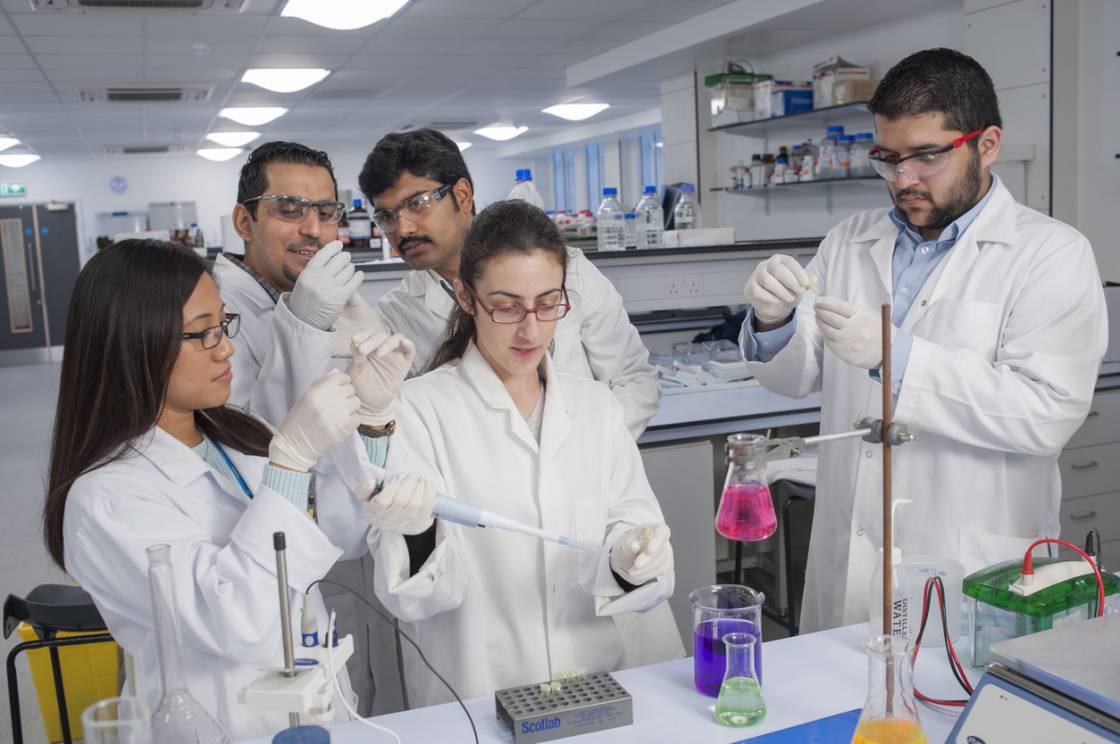
Course fees and funding
Additional costs
Depending on the programme of study, there may be extra costs that are not covered by tuition fees which students will need to consider when planning their studies. Tuition fees cover the cost of your teaching, assessment and operating University facilities such as the library, access to shared IT equipment and other support services. Accommodation and living costs are not included in our fees.
Where a course has additional expenses, we make every effort to highlight them. These may include optional field trips, materials (e.g. art, design, engineering), security checks such as DBS, uniforms, specialist clothing or professional memberships.
After you graduate
Careers and progression
Graduates work in clinical trials, drug research, medical writing, pharmaceutical marketing and science communication. The course can also provide a gateway into graduate studies for clinical routes or academic research programmes.
Accreditation
This course meets the core curriculum requirements set out by the British Pharmacological Society (BPS) - the professional association for pharmacologists and one of the leading pharmacological societies in the world.
What our graduates say
Links with business and industry
How we work with industry partners
St George's, University of London
Links with St George's, University of London mean that some classes may be able to use its specialist facilities and staff expertise.
Industry placement
This course offers the chance to do an industrial work placement.
Work placement year
How you can work in industry during your course
Placements:
- provide work experience that is relevant to your course and future career
- improve your chances of graduating with a higher-grade degree
- enhance your CV
- lead to a graduate job
- enable you to earn a year's salary whilst studying (the vast majority of placements are paid)
- help you to select your final-year project.
"To be successful, tomorrow's leaders will need to be far more rounded individuals than ever before. They will collaborate in pursuit of shared goals. They will guide, challenge and support...They will have an appetite for change and a hunger for continuous improvement, and they will have an ethos of learning and development..." Jeremy Darroch, Former Chief Executive, Sky.
"Doing a placement year effectively gives you one foot in the door of a future job and to stand out from the crowd... as well as enhancing my CV... and future interviews. It's a great motivator to be successful in my studies as it only serves to open even more doors and gain more skills." Placement student at Jagex Games Studios Ltd.
There is a lot of support available for students looking to secure a placement (e.g. a jobs board with placement vacancies, help with writing CVs and mock interviews). Getting a placement and passing the placement year are ultimately the student's responsibility.
Examples of placements
Placements can be with large multinational companies, international companies, local companies and small start-ups; offering a diverse range of posts. Here are some examples of employers and roles:
| Construction-based placement employers | Construction-based placement roles |
|---|---|
| RG Group Multiplex Costain Willmott Dixon Fluor |
Assistant site manager Assistant trades package manager Assistant logistics manager Health and safety officer Construction engineer |
| Science-based placement employers | Science-based placement roles |
| Reckitt and Benckiser GSK Drug Control Centre Minton Treharne and Davies Ltd Various local and international hospitals |
Bioanalytical sciences Lab assistant Pharmacy assistant Sports coach |
| Engineering-based placement employers | Engineering-based placement roles |
| Airbus BAM Nuttall Nissan Bosch Wozair |
Analysis of aircraft structure Construction resources specialist Site engineer assistant |
| Computing and IS-based placement employers | Computing and IS-based placement roles |
| Disney Sony Interactive Entertainment Europe IBM McKinsey Intel |
Database coordinator Software developer Website developer App developer |
| Mathematics-based placement employers | Mathematics-based placement roles |
| Lloyds Banking Group AXA Allianz PAU Education, Spain |
Analyst Investment solutions Research analyst Accounts assistant |
Work placement case study
Key information set
The scrolling banner(s) below display some key factual data about this course (including different course combinations or delivery modes of this course where relevant).
Course changes and regulations
The information on this page reflects the currently intended course structure and module details. To improve your student experience and the quality of your degree, we may review and change the material information of this course. Course changes explained.
Programme Specifications for the course are published ahead of each academic year.
Regulations governing this course can be found on our website.


